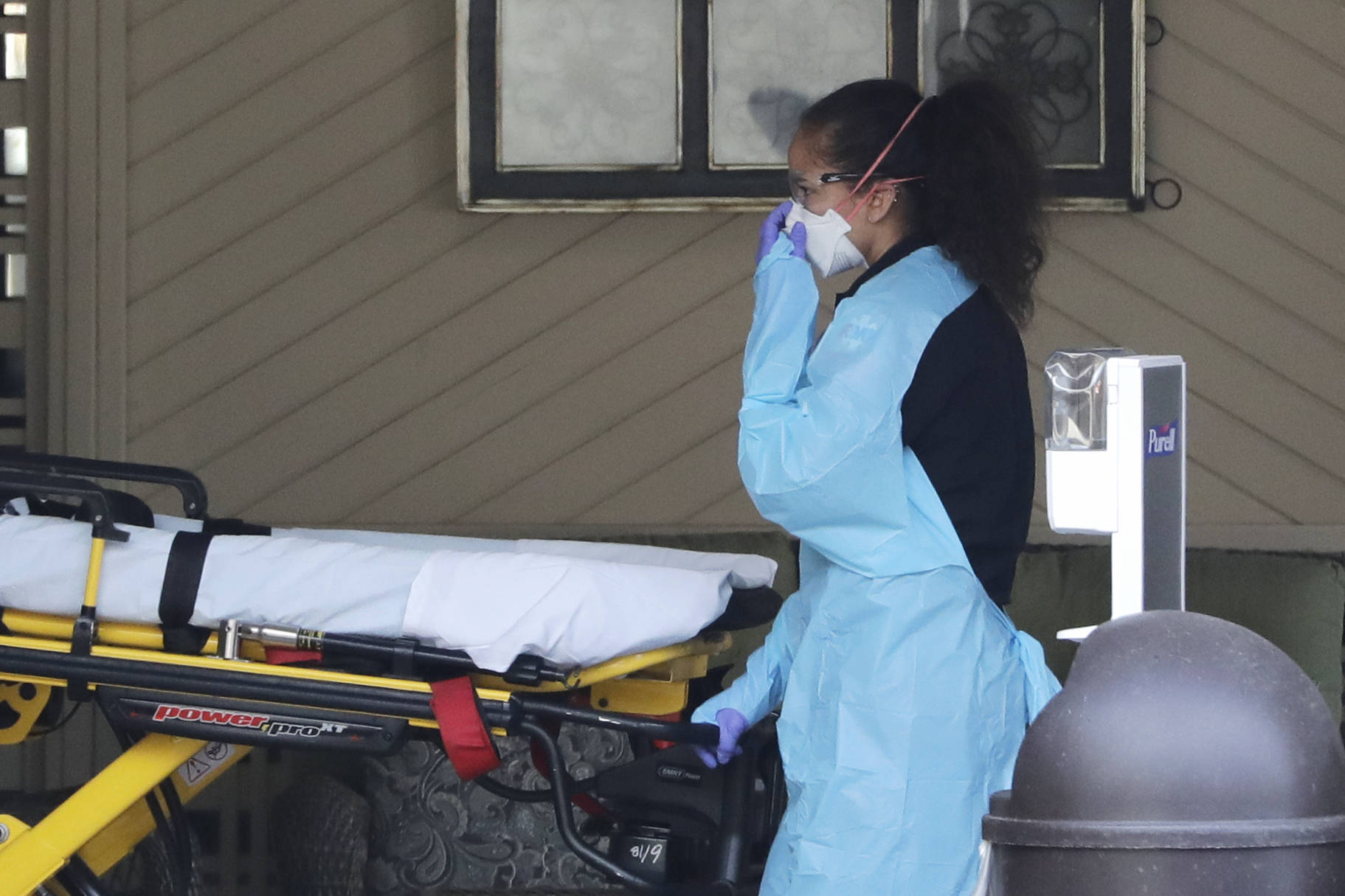As we go about our daily lives, it’s easy to forget the unseen world of bacteria, viruses and fungi that are in a constant state of tug of war within our bodies. These organisms are critical for our good health and survival but can also cause illness, and even death, from infection.
Throughout history, infectious agents have traditionally been a leading cause of death among humans. More recently, advancements in our understanding of germs and disease prevention have led to antibiotics, antivirals, improved sanitation and other disease-fighting strategies, all of which have significantly increased average life expectancies. These are commendable achievements but they can also come with complacency. The public’s trust in medicine to find solutions means we don’t always take health risks as seriously as we should.
We see this complacency when people choose not to vaccinate against deadly diseases like the flu. Even though the flu causes hundreds of thousands of hospitalizations and tens of thousands of deaths in the United States each year, more than half of all Americans don’t get an annual flu shot. Flu vaccination reduces the risk of flu illness by between 40% and 60% among the overall population. Moreover, those people who still get the flu despite having been vaccinated usually have a milder illness.
Each time I work in the emergency department I’m reminded of how hard it is for people to invest in prevention against an unseen threat. The importance of prevention often strikes home only after an illness or accident has occurred.
I’m asked every day by fellow physicians, teachers and friends how worried they should be about this novel coronavirus. These are understandable fears because of the unknown and evolving nature of a new infectious agent. What we do know is that taking preventative actions to be prepared now can help prevent the spread of disease.
As we investigate the threat of a new disease, two major factors we consider are how contagious it is and how many people will get seriously ill or die from it. So far, COVID-19 appears to be more contagious than seasonal flu and is associated with a higher risk of serious illness and death compared to seasonal flu. However there are a lot of unknowns, such as how much we can continue to slow the spread, the impact of modern medical care, if antivirals will work or if we’ll be able to develop a vaccine.
So what does prevention and preparedness look like for COVID-19? In Alaska, we’re taking these warnings seriously. Our state’s health emergency response system has been activated for over a month and federal, Tribal, state and local entities are working cooperatively with our medical communities, schools, businesses and many other sectors of our communities to prepare.
Individual Alaskans are also asking what they can do to prepare. We’ll be communicating more on this in the days and weeks to come, but here are a few key steps everyone can do now:
Please get your flu shot. Getting an annual flu shot protects you, your family and relieves an undue burden on our medical system when we start to see COVID cases.
Wash your hands. Seriously! Protect yourself and others by washing them for at least 20 seconds frequently throughout the day, and every time you eat, cough, sneeze, or use the restroom. Handwashing is part of good self-care just like eating healthy food, getting enough sleep and exercising.
Don’t share your germs. This coronavirus is spread like the flu from sneezing, coughing and close contact with others who are sick. If you are sick, stay home and practice “social distancing,” which means staying at least 6 feet away from others.
Stay informed and start planning. Begin the conversation about what you can do to be prepared and become familiar with the pandemic planning resources listed below.
If you’re a health care provider, you can call our Section of Epidemiology at 269-8000 or after hours at 800-478-0084 to have a member of our epidemiology team help answer your questions or address concerns about a potential case.
Please make every effort to prevent spreading panic, fear and worry which can make the situation much worse than it is.
As we prepare for the possibility of COVID-19 cases occurring in Alaska, I’m reassured by the ability of Alaskans to work together to address problems in our state. We have tremendous resilience and courage to adapt and navigate challenges. Let’s prepare for this emerging threat the Alaskan way – with calm, thoughtful planning and intentional action. Please stay informed and take care of each other. We are stronger together.
For more information:
CDC’s Coronavirus Disease 2019 (COVID-19)
CDC’s Prepare Your Health for emergencies
DHSS Coronavirus webpage
DHSS What can Alaskans do to prepare for the novel coronavirus (COVID-19)?
Dr. Anne Zink, M.D., is a board-certified emergency physician and Alaska’s chief medical officer.
• Dr. Anne Zink, M.D., is a board-certified emergency physician and Alaska’s chief medical officer.

